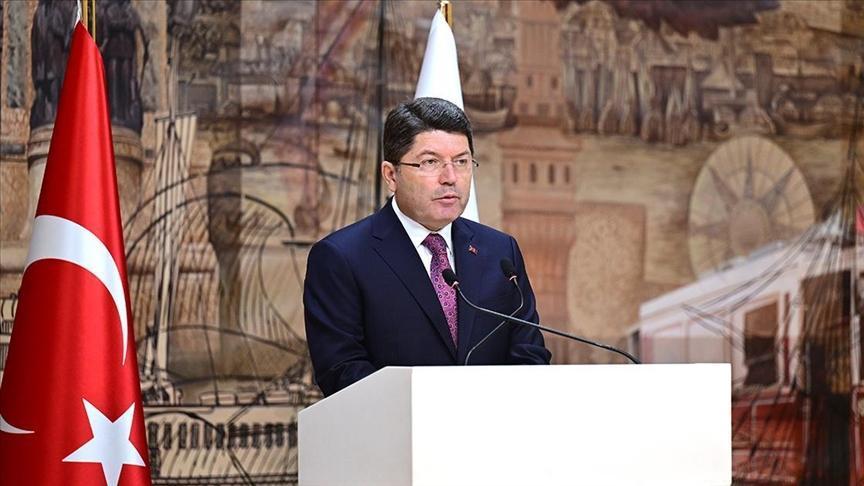Tension with Turkey is fodder for Greek ultra-right
This was supposed to be a better year for Greece. True, many did not believe in the over-optimistic words of Greek Prime Minister Alexis Tsipras that things would get better by August when Greece finally frees itself after eight years of crisis and three bail-out agreements.
The psychology of the Greek people, at least most of them, had improved, although they were still being trapped into giving away a large chunk of their income to punitive taxation or having to survive with ever decreasing pensions.
Since 2010 Greece has received a massive 260 billion euros in aid from the Eurozone and the International Monetary Fund in exchange for the toughest austerity measures, devastating infrastructure reforms and conditions under which the Greeks will be tied for decades. True, the country regained access to the markets, but there is still discussion in the Eurozone whether Greece should be kept under a post-bail-out credit line, just in case.
So, people in Greece were aware that things cannot turn rosy from one day to another, but at least they sensed a change in the air, coming this summer. New parties and coalitions were in the making, around a scenario for early elections.
Several social surveys were picking up this slight increase of optimism which was independent of people’s political preferences. In fact, Syriza and its minority government partner Anel continued to perform poorly in the opinion polls; leftist Syriza trailing by 10 points behind its center-right main opposition New Democracy party and Anel not even reaching the electoral threshold of 3 percent could not rip out any benefit from the change of temperature.
But none of the players in this domestic, polarized environment could have foreseen how suddenly the “Turkish factor” could have interfered with their calculations and upset their plans.
Things changed radically in the last two months. The tense incidents in the Aegean and the uneasy situation over the exploration rights around Cyprus in the beginning of the year gave the first signals that the two seas that separate Turkey from Greece were not going to stay calm. They had already gotten the message during the official visit of President Recep Tayyip Erdoğan last December.
But it was the case of the jailing of two Greek military officers in a prison in the northwestern border province of Edirne that brought the feeling of uneasiness to a sense of depression when they realized that this is yet another bilateral issue, but which involves real people and indeed young soldiers. The picture of the somber looking Greek parents crossing the Greek-Turkish land border in their car every week became a standard feature in everybody’s TV screens, while they come to realize that this is something more severe than what was originally reported and that it was going to take time.
So, the findings of a research published last week surely must have disappointed the Tsipras government, hoping for a popularity boost with the ending of the bail-out; but it was no surprise.
According to an extensive survey conducted by the renowned Greek company Kapa Research on the issues that bother the Greeks currently, 92.5 percent of the respondents cited that Turkey poses the biggest danger to their country. It was followed by Albania with 47 percent and the Former Republic of Macedonia (FYROM) with 37 percent. The fact that Skopje comes as the least dangerous national issue is impressive, bearing in mind that the Greek government is currently in hard negotiations to settle the protracted bilateral dispute over a final name for the country, a highly sensitive issue over the use of the name Macedonia which brought hundreds of thousands of Greeks to the streets only last month who claimed the exclusive right to the use of the name belongs to Greece.
Yet, the gloom and fear over the issues with Turkey has swept everything else, and the debate is now whether to show a “tough” or a “mild” stance to the fiery speeches of the Turkish president. The Greeks are divided, as the survey shows that 49.5 percent thought that a Greek-Turkish rapprochement would be better, against 46 percent who wanted a tough stance.
Whether soft or tough, though, 65 percent of the respondents are scared that an incident with Turkey is likely.
However, the most worrying — albeit expected — side-effect of the recent rise in the Greek-Turkish tension is a new trend picked up by another social survey. The survey showed an increase in popularity of the ultra-right party Golden Dawn, which is close to becoming the third party, and an increase of new small nationalistic movements under names such as “National Unity” or “Greek Solution” that are attracting crowds small, but angry enough, which may see numbers grow if things get worse.











